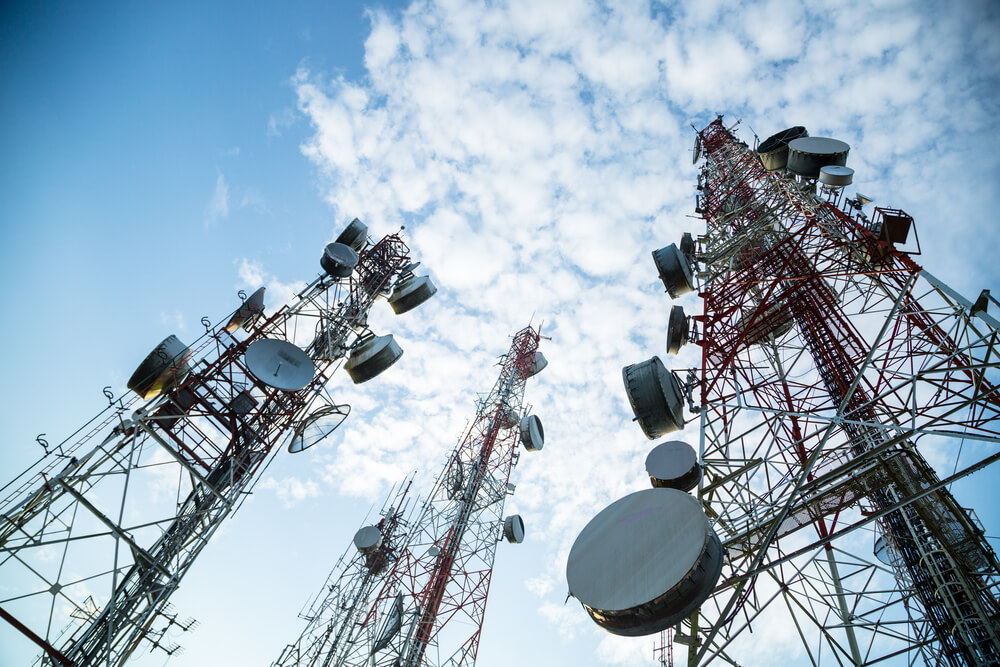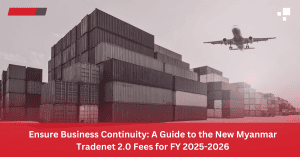We know from our own experience how over the last two years Internet connectivity has visibly improved. Myanmar is getting connected and open for connected businesses. Recent announcements explain what has being going on and what is to come!
Land line connectivity has improved and also mobile communications. Telenor is already well known in Myanmar since winning a mobile provider contract in 2013. They leveraged their local knowledge with positive results and launched a 2G network, as opposed to 3G, knowing customers would be able to purchase 2G devices more easily due to cost and availability. Their mass market strategy, distribution network and open winning culture gained them a considerable lead, notably also in rural areas, winning market share against their commercial competitors.
The companies were issued licenses to operate a nationwide network including mobile and Internet for 15 years in 2013. Prior to 2013 Myanmar Posts and Telecommunications (MPT) monopolised the mobile and landline phone communication and Internet services. Then in July 2014 KDDI and Sumitomo Group of Japan were signed up to jointly operate a mobile network for 10 years in Myanmar. Reports state that the Japanese companies will invest US$2 billion. The population in Myanmar now exceeds 54 million. The battle to win the mobile contracts has been fierce and is ongoing. (We detail news of the battle for the fourth licence below). But costs of connectivity for the user have so far remained high.
Mobile telecom links do fast track connectivity to outlying areas but costly time on line restricts usage. As with any network, the connection speed and cost for the user is determined by the bandwidth and availability of connections entering the country. Source availability and cost are linked.
Myanmar is connected via undersea cables. These are better than they were but calls went up for improvements – both in terms of speed and cost. MPT sets costs and critics have shown these costs to be much higher than in other countries. However, the technical and commercial details are changing very quickly now with also an important detail – a new, additional and private undersea cable bringing Internet connectivity to Myanmar is arriving. The supplier states they will triple capacity and lower connectivity costs.
Telenor, Campana Group, China Unicom (working with MPT and seeking an in Myanmar telecom operator’s licence) are among firms visibly proactive. Telenor has a link to an Internet Exchange (IX or IXP). This is important as it allows direct exchange of Internet delivered data with key names such as Google. An IX reduces the proportion of data an Internet Service Provider delivers via their data link providers, thereby reducing the number of connection stages or hops…..improving on cost and speed and reliability.
More customers want to be connected and reports are emerging of the fierce competition for the fourth mobile operator licence. Seven companies are vying for the contract – SingTel, 1Com, Viettel, China Telecomm, 1Com, MTN, and Xinwei.
FocusCore advises companies on and supplies clients with the entire range of business establishment tasks in Myanmar. Naturally we follow these technical developments keenly to allow our customers to be at the leading edge of information exchange.
You can think of FocusCore as an information and service exchange, where you can receive information, directly in one step, as opposed to collecting packets of knowledge from multiple sources – save time, money, and avoid mistakes that in a fast developing market can also be very expensive in terms of opportunities lost. The market is opening up fast, providing opportunities that are once in a lifetime. We can help you find and focus on the right ones for your company.




